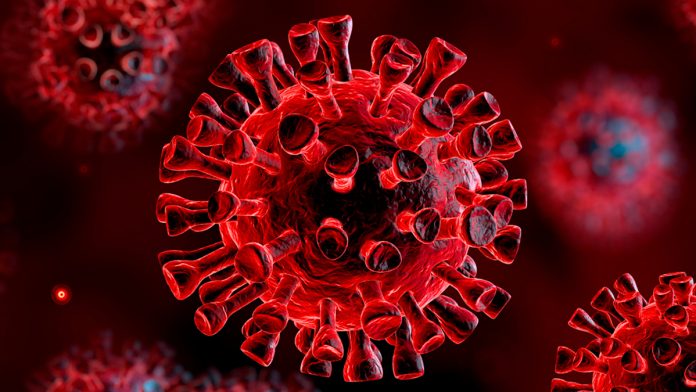More than anything, COVID-19 is exposing societal problems that legislators have not solved. In 2020, we still have a large homeless population that is now at great risk for not just getting but also dying from the novel coronavirus. With no access to shelter or healthcare, these folks are left behind during “stay-at-home” orders. LGBTQ youth make up an estimated 30-40 percent of all homeless youth; this should be close to home for all of us. A health care system that does not value all people is proving to be unstable. Early testing sites required a recommendation from a doctor in order to test — early testing sites in Philly required a recommendation from a doctor within either the Penn or Jefferson network. Now, the Citizen’s Bank Park testing site is open to more folks, including those without a prescription if they meet certain requirements. Even so, if one does require hospitalization, the bills that come after will be insurmountable for many. Queer folks, trans folks and people of color also have limited trust in the health care system, due to transphobia, racism and homophobia they’ve faced historically, meaning our community is less likely to seek care. On top of that, the LGBTQ community experiences greater rates of poverty than our cishet peers, limiting health care possibilities even further. Regardless of where one stands on single-payer or simply more affordable health care, COVID-19 proves that what’s in place now is unacceptable if we claim to value all human life.
Survival sex workers, of which the LGBTQ community has many due to homophobia, transphobia and transmisogyny, are at an even greater risk than usual. Because sex work has not been decriminalized or legalized in the United States, these folks do not have any regulations keeping them safe. It’s up to each individual to assess safety, and no client faces repercussions if they intentionally expose someone in sex work to the novel coronavirus. Both LGBTQ youth and seniors during this time may be forced to be among family members who have negative opinions of their sexual or gender identities. Ageism is being exposed, as folks casually talk about the age group primarily affected as if it lessens the impact. Discrimination against folks living with disabilities is being realized, as we find that many jobs can, in fact, be done adequately in a remote capacity, meaning more folks with physical disabilities could have been hired for various jobs all along.
At the end of each day and as days gather to become weeks, and soon months, we understand more and more the extent of inequity in this country. We are already coming together to support one another, and we will have to continue to do so more and more as time goes on. But responsibility for human life and access to basic needs should not be solely on the shoulders of grassroots activists and nonprofits. Our federal, state and local governments need to better adjust to ground-level concerns and address them expeditiously.
